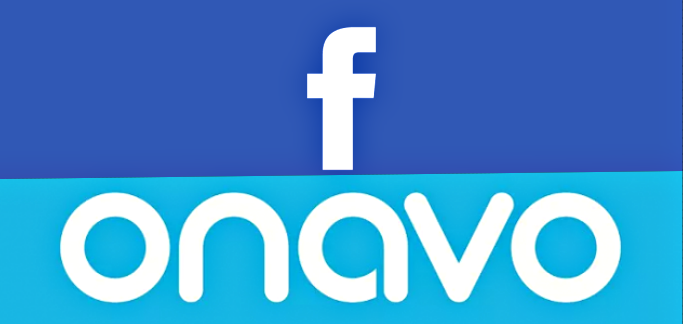Facebook is shutting down its data collecting virtual private network (VPN) app Onavo, TechCrunch reports. The decision comes only a few weeks after TechCrunch exposed Onavo’s code being used in a Facebook Research app targeting teens.
Onavo said it limited other applications from using too much data while also protecting users’ personal information behind a secure network, Engadget reported. However, Facebook also used Onavo for market research, and that led to Apple removing Onavo last year.
Now, TechCrunch reported Facebook will “proactively” remove its own app from the Google Play store.
In August 2018, CNBC reported Apple removed Onavo from the App Store because it didn’t comply with privacy rules.
“With the latest update to our guidelines, we made it explicitly clear that apps should not collect information about which other apps are installed on a user’s device for the purpose of analytics or advertising/marketing and must make it clear what user data will be collected and how it will be used,” an Apple spokesperson told CNBC.
According to The Verge, “Onavo collected information about the time users spent using various apps, mobile and Wi-Fi data usage per app, device and country information, and other information about which websites they visited.”
It was actually Onavo that gave Facebook the data it needed to understand the popularity of its rival WhatsApp–and, eventually, buy it–as reported by Buzzfeed.
Despite its Apple removal, Onavo’s code continued living on the Facebook Research app, where the company paid teenagers as much as $20 a month to sell their privacy, as TechCrunch discovered. After that report went live, Apple removed Facebook Research. However, Onavo continued operating on Android.
Due to the increasing backlash, Facebook is making the decision to completely shut down Onavo. TechCrunch reported the app will continue operating as a VPN in the short-term, so people can replace it, but Onavo will “immediately cease pulling in data from users for market research.”
Facebook Research still runs on Android. Although it isn’t accepting any new participants, TechCrunch reported that all of its existing studies will continue.

